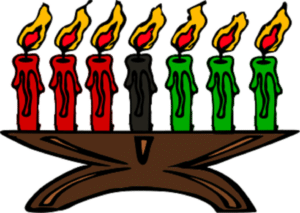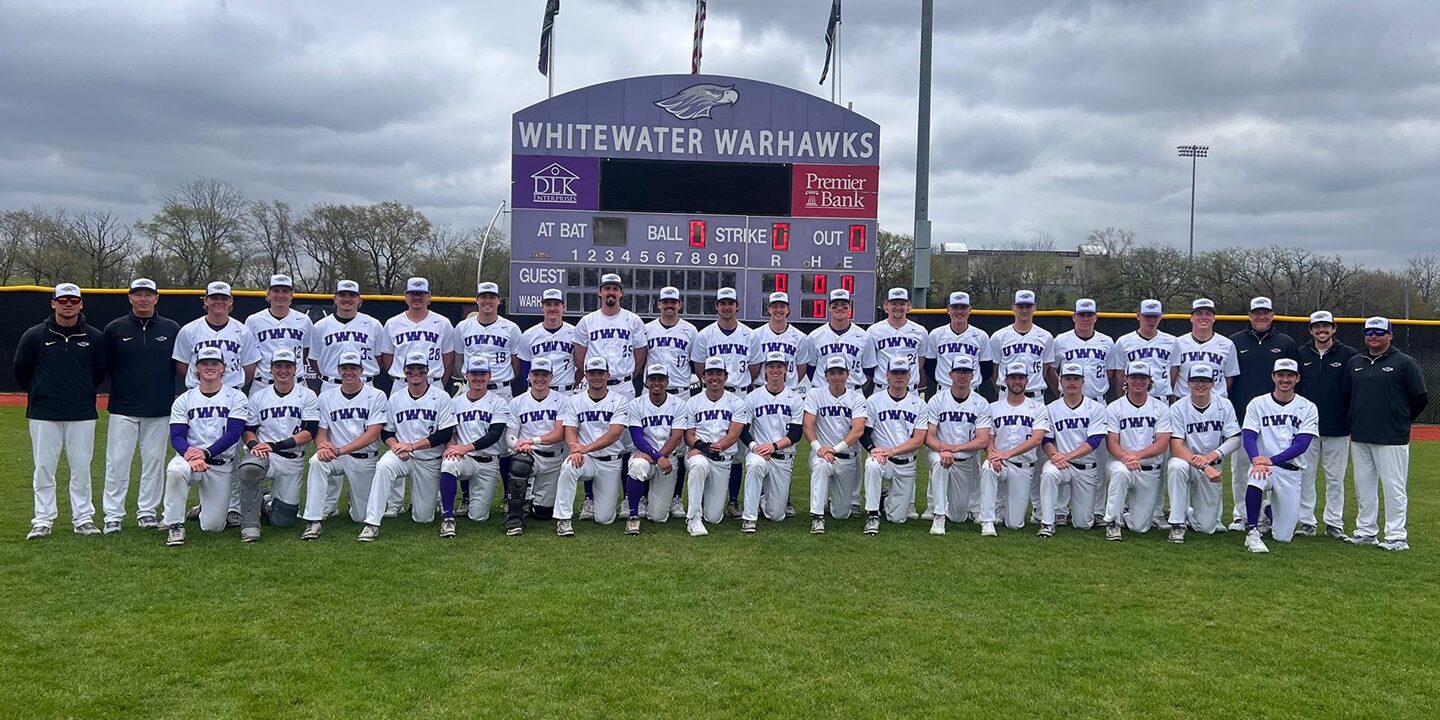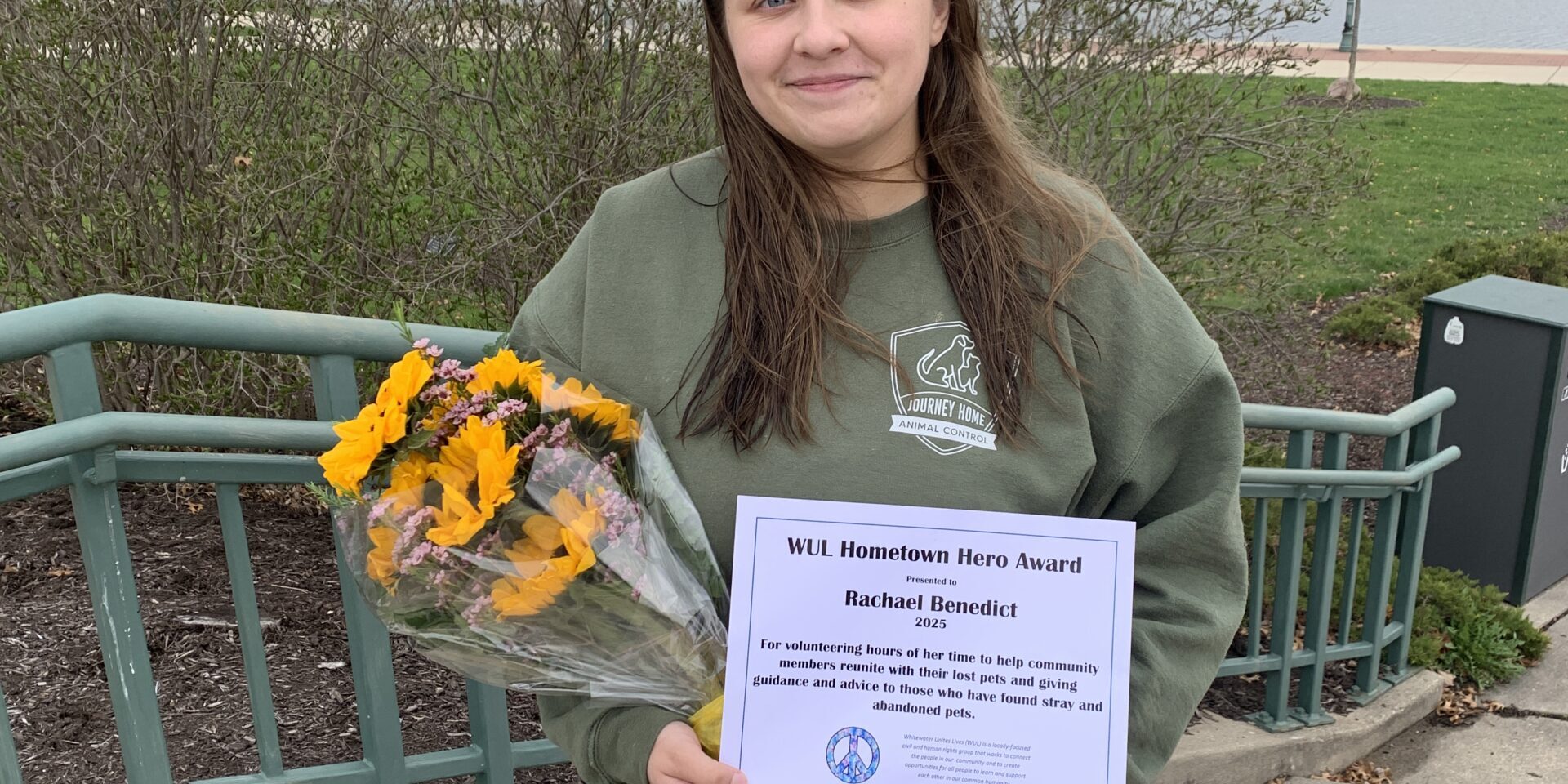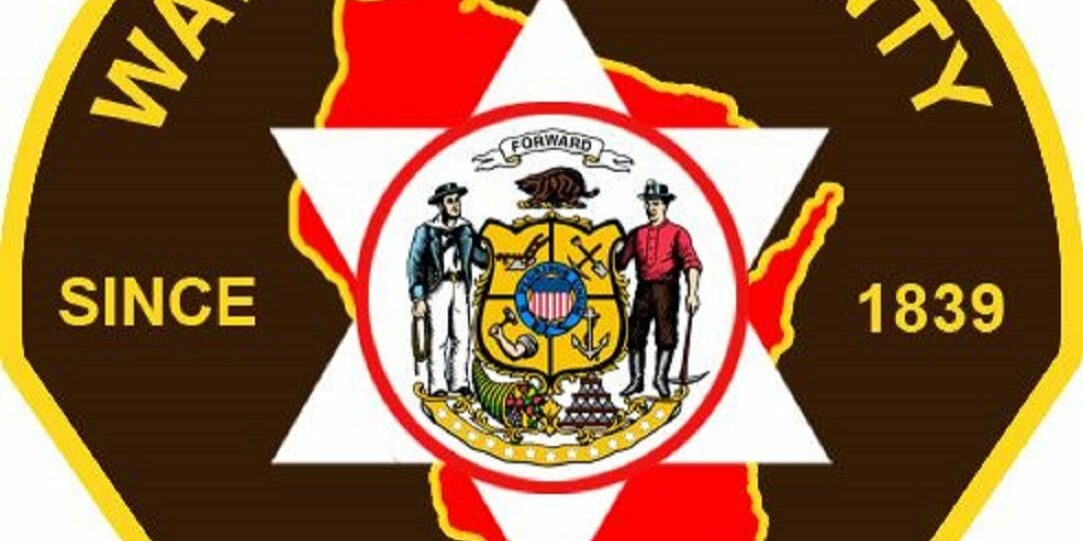
Kwanzaa is celebrated from December 26 to January 1 each year.
[From Wikipedia) American Maulana Karenga created Kwanzaa in 1966 during the aftermath of the Watts riots[2] as a specifically African-American holiday.[3][4] Karenga said his goal was to “give blacks an alternative to the existing holiday of Christmas and give blacks an opportunity to celebrate themselves and their history, rather than simply imitate the practice of the dominant society.”[5] For Karenga, a major figure in the Black Power movement of the 1960s and 1970s, the creation of such holidays also underscored the essential premise that “you must have a cultural revolution before the violent revolution. The cultural revolution gives identity, purpose, and direction.”[6]
According to Karenga, the name Kwanzaa derives from the Swahili phrase matunda ya kwanza, meaning “first fruits”.[7] First fruits festivals exist in Southern Africa, celebrated in December/January with the southern solstice, and Karenga was partly inspired by an account he read of the Zulu festival Umkhosi Wokweshwama.[8] It was decided to spell the holiday’s name with an additional “a” so that it would have a symbolic seven letters.[9]
During the early years of Kwanzaa, Karenga said it was meant to be an alternative to Christmas. He believed Jesus was psychotic and Christianity was a “White” religion that Black people should shun.[10] As Kwanzaa gained mainstream adherents, Karenga altered his position so practicing Christians would not be alienated, stating in the 1997 book Kwanzaa: A Celebration of Family, Community, and Culture that “Kwanzaa was not created to give people an alternative to their own religion or religious holiday.”[11] Many African Americans who celebrate Kwanzaa do so in addition to observing Christmas.[12]
After its initial creation in California, Kwanzaa spread outside the United States.[13]
Kwanzaa celebrates what its founder called the seven principles of Kwanzaa, or Nguzo Saba (originally Nguzu Saba – the seven principles of African Heritage). They were developed in 1965, a year before Kwanzaa itself. These seven principles comprise Kawaida, a Swahili word meaning “common.”
Each of the seven days of Kwanzaa is dedicated to one of the principles, as follows:[14]
- Umoja (Unity): To strive for and to maintain unity in the family, community, nation, and race.
- Kujichagulia (Self-Determination): To define and name ourselves, as well as to create and speak for ourselves.
- Ujima (Collective Work and Responsibility): To build and maintain our community together and make our brothers’ and sisters’ problems our problems and to solve them together.
- Ujamaa (Cooperative economics): To build and maintain our own stores, shops, and other businesses and to profit from them together.
- Nia (Purpose): To make our collective vocation the building and developing of our community in order to restore our people to their traditional greatness.
- Kuumba (Creativity): To do always as much as we can, in the way we can, in order to leave our community more beautiful and beneficial than we inherited it.
- Imani (Faith): To believe with all our hearts in our people, our parents, our teachers, our leaders, and the righteousness and victory of our struggle.





















